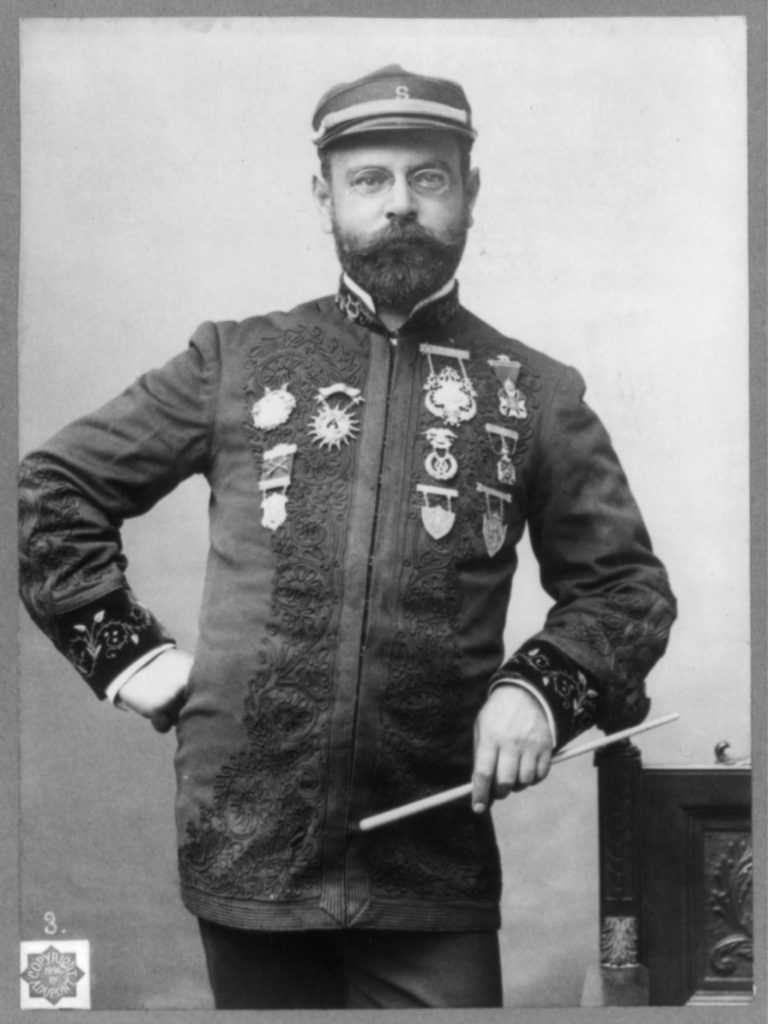It seems that media corporations are constantly shifting income streams, or at the very least, what could be income streams. I speak, particularly, of newspapers online.
I can’t remember which site is behind a paywall and which is not. I just signed up for an introductory offer from The New York Times. No, I’m not being haughty. I am just acknowledging the newspaper’s place in the media food chain. I can handle $8 a month for a year, at least. Who knows, maybe by the end of the year the paywall might be gone.
Some of my favorite newspapers, including those I have freelanced for, now block me by a wall. I suppose if I freelanced for those papers again, they might just send me background stories for free.
Other papers, including those for whom I was employed, would most likely send me a hard copy. Reporters or editors are not usually sticklers for their paper’s paywall. That is, at least a story or two they would email me.

I usually begin the day reading Google News, that great aggregator of various newspapers, magazines and blogs. The other, or another, great American newspaper — famous Marine Corps bandleader John Phillip Sousa wrote a stirring march at the behest of the paper — The Washington Post also limits my viewing. They didn’t for several years. I can read Post articles at work, on my work computer, but some folks have to actually work at work.
I am very glad that most of the articles I read on Google News, even the Post articles that are posted on Google News sometimes, let me read the entire story without having to pay like some toll road with hidden signs.
No doubt, newspapers large and small, need to make money. And probably reversing the normal path for newspaper leadership, was my first newspaper job. It was a small weekly where I was editor, writer, photographer, janitor and boss to an assistant. I was also, I suppose one might say, a de facto publisher, or at least “associate publisher.” That means I not only had to fill up usual eight pages, I likewise was — although no mandate was mentioned — had to think about the bottom line. The publisher’s step-daughter became my advertising rep and she was spectacular. She and I would collaborate on ways we could raise a little money here and there. I suppose the testament given to me about the job I had done, presented by my publisher/boss upon my leaving, paid me the ultimate compliment.
It was funny. I went to talk to my boss — a newspaper guy who started out selling newspapers on the street as a boy — with the intention to give him my two-weeks notice. Before I could even begin taking about a new job as a reporter at a small daily, the publisher spoke about the good job I did and asked me if I wanted the job as editor of a larger newspaper. I don’t remember if it was weekly or twice-weekly.
“We made a profit for the first time with you working there,” said my boss.
I ended up resigning but I came away feeling really good about my first two and a half years in newspapers.
There must be a way for the whole story where users read stories without paywalls in the way. I don’t like all the pop-up ads on websites. I hate with a passion those sites that come at you in a multi-media assault. Those video ads dig into the data usage I have to monitor on my Verizon account. But a newspaper has to make a profit and has to figure out how to fit into this digital world.
We have gone so far from my first uses of the internet some 20 years ago when I could only see text products. I don’t know how, but surely — and don’t call my Shirley — where there is a will there is a way with free internet contact. How to get there is the big question.

Spelling error report
The following text will be sent to our editors: